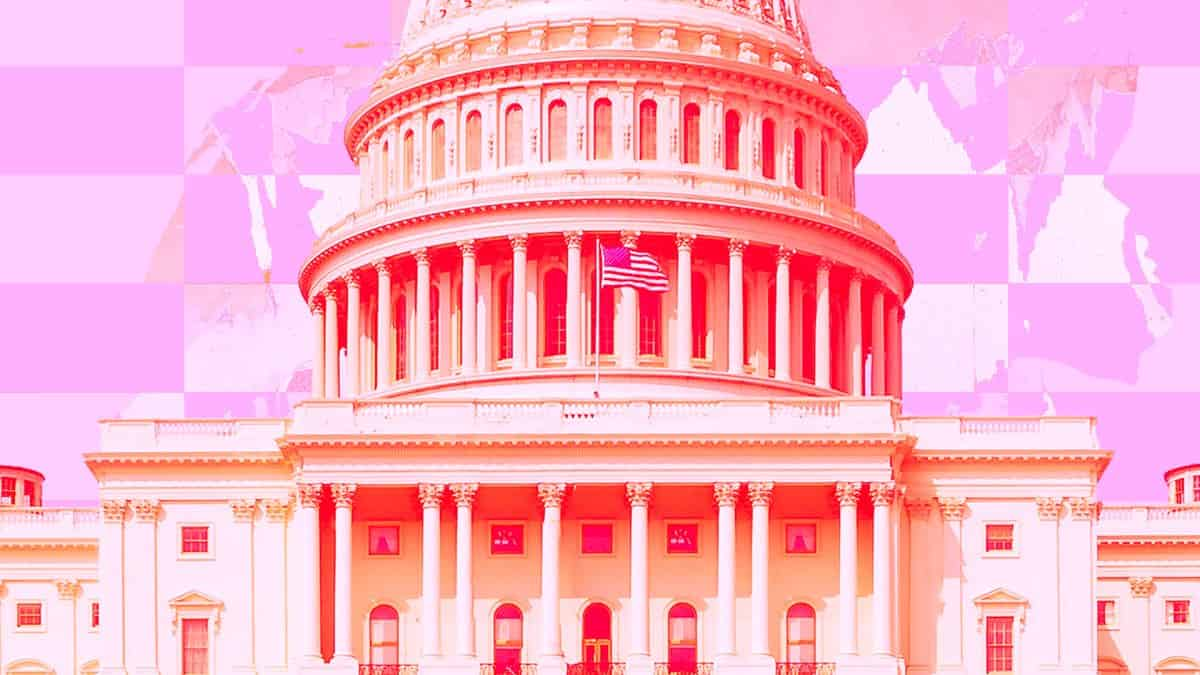Ted Cruz plans to overturn controversial IRS crypto tax rule as Trump enters office
Quick Take Sen. Ted Cruz plans to introduce a Congressional Review Act resolution on Tuesday a month after Internal Revenue Service finalized a rule that garnered criticism from the crypto industry. Cruz has been one of the most vocal congressional advocates for crypto over the years.

Sen. Ted Cruz plans to introduce a Congressional Review Act resolution next week aimed at overturning a controversial tax rule requiring certain decentralized finance brokers to file reports on gross proceeds.
The Texas Republican plans to introduce the resolution on Tuesday, a month after the Internal Revenue Service finalized a rule that garnered criticism and lawsuits from the crypto industry. Axios was first to report the news.
“This rulemaking is an effort to target decentralized finance," Cruz said in a statement, referring to a series of "midnight rules" the Biden administration is looking to pass as Donald Trump is set to enter office on Tuesday. "It would dramatically infringe on both the privacy and security of Americans while disincentivizing innovation and potentially crippling decentralized finance and cryptocurrency development in the United States."
The IRS said in late December it will require "DeFi brokers" to act like traditional securities brokers who are required to collect information about their users' trades. Some "decentralized finance industry participants" will have to send their customers Form 1099 tax returns, which are used to report payments that typically aren't from an employer, like gambling winnings, rents and royalties.
The U.S. Treasury Department notes the finalized rule applies to "front-end service providers" that interact "directly with customers," which suggests entities that run the primary website used to access a decentralized protocol, rather than the protocol itself. The rule is expected to go into effect on or after Jan. 1, 2027.
Many crypto industry experts have criticized the expanded tax reporting requirements over privacy implications and because crypto is different from traditional assets. For instance, DeFi brokers may have to record "the name and address of each customer," according to the rule.
However, it's not always obvious in DeFi who or what entity would collect and disseminate user data. In some instances, there are no centralized service providers that interface directly with users — making it what some have called an "unsquarable circle."
The Blockchain Association and two other groups sued the IRS quickly after the rule was finalized and warned the requirements would "push this entire, burgeoning technology offshore."
The Congressional Review Act, or CRA, was enacted in 1996, and can be used by lawmakers to "overturn certain federal agency actions," according to the Congressional Research Service. The CRA was used last year in an attempt to overturn the U.S. Securities and Exchange Commission's Staff Accounting Bulletin 121, or SAB 121, and was later vetoed by President Joe Biden.
Cruz, who chairs the Commerce Committee, has been an advocate for crypto over the years, calling it " digital gold ." He has also been staunchly opposed to a central bank digital currency in the U.S.
"I want Texas to be an oasis for Bitcoin and cryptocurrency," Cruz said on Friday. "In contrast, many in the Democratic Party harbor a deep antipathy toward Bitcoin and cryptocurrency."
Disclaimer: The content of this article solely reflects the author's opinion and does not represent the platform in any capacity. This article is not intended to serve as a reference for making investment decisions.
You may also like
[Initial Listing] Bitget Will List PrompTale AI (TALE). Come and grab a share of 3,480,000 TALE
New spot margin trading pair — LA/USDT!
AINUSDT now launched for futures trading and trading bots
Bitget releases June 2025 Protection Fund Valuation Report
